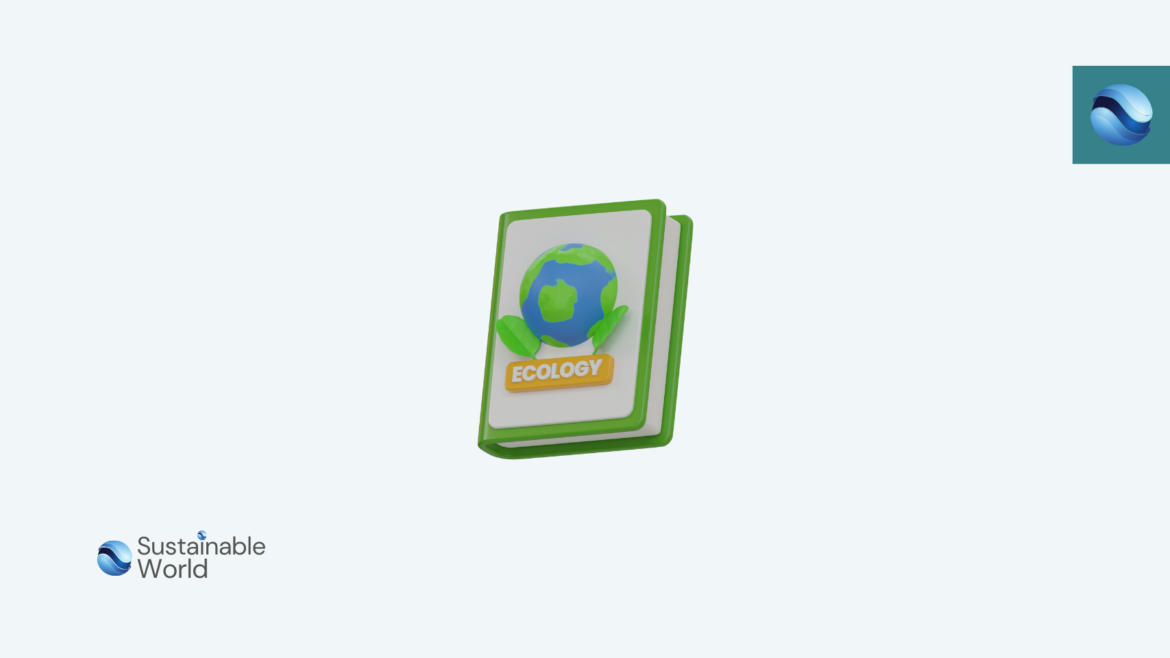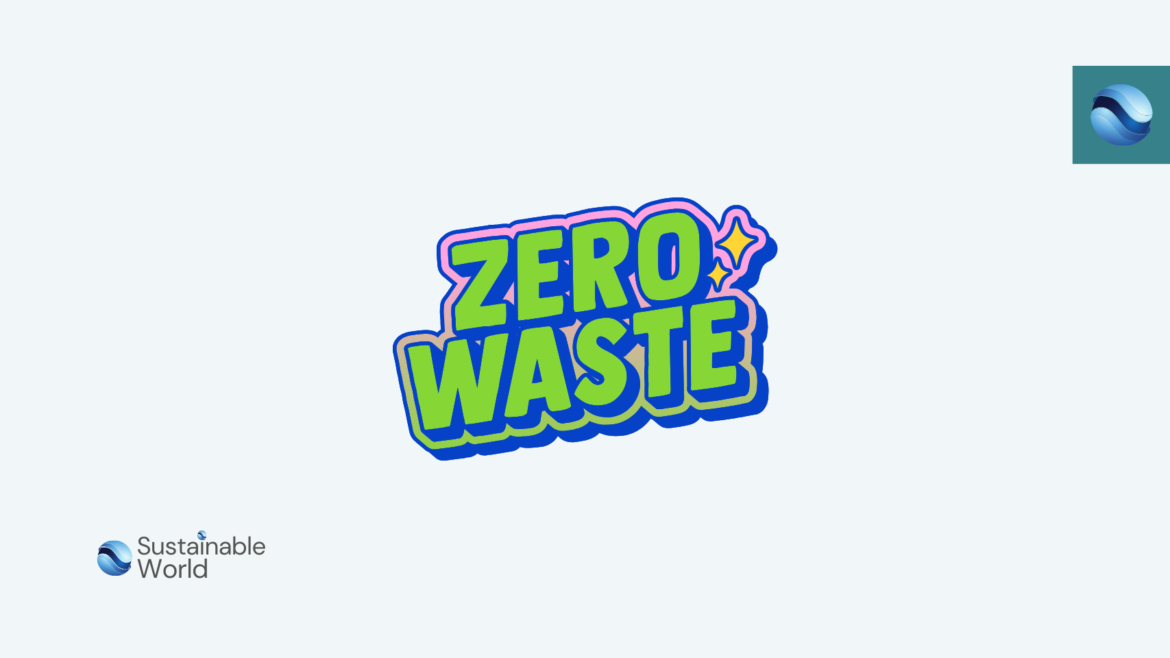Composting Made Easy: A Beginner’s Guide to Sustainable Gardening
In the quest for a more sustainable lifestyle, composting has emerged as a powerful way to reduce waste and enrich soil. Whether you’re an avid gardener or just starting your eco-friendly journey, composting is a simple and rewarding practice that benefits both the environment and your garden.
This comprehensive guide breaks down everything you need to know about composting, from understanding its basics to implementing it effectively in your daily life.
What is Composting?
At its core, composting is the natural process of recycling organic waste—such as food scraps and yard debris—into nutrient-rich soil. By composting, you can reduce landfill waste, cut greenhouse gas emissions, and create a sustainable cycle for nourishing your garden.
Benefits of Composting
1. Reduces Waste: Composting diverts organic materials from landfills, helping to decrease methane emissions and landfill overflow.
2. Enriches Soil: Compost adds essential nutrients and improves soil structure, enhancing water retention and plant growth.
3. Saves Money: Instead of buying chemical fertilizers, you can use compost as a free, eco-friendly alternative.
Types of Composting
Backyard Composting
Ideal for those with outdoor space, backyard composting involves using a compost bin or pile to decompose organic waste. It’s perfect for yard clippings, vegetable scraps, and leaves.
Vermicomposting
This method uses worms to break down organic matter, creating nutrient-dense compost called worm castings. Vermicomposting is excellent for small spaces and indoor composting.
Bokashi Composting
A fermentative process that breaks down all types of food waste, including meat and dairy, in a sealed container. It’s fast and works well for urban settings.
How to Start Composting
Step 1: Choose Your Method
Decide on the composting method that best suits your living situation and needs. For backyard spaces, a traditional compost bin is ideal. Apartment dwellers may prefer vermicomposting or bokashi bins.
Step 2: Gather Compostable Materials
Include:
- Greens (nitrogen-rich materials): Fruit and vegetable scraps, coffee grounds, grass clippings.
- Browns (carbon-rich materials): Leaves, cardboard, shredded paper, wood chips.
Avoid: Meat, dairy, oily foods, and diseased plants.
Step 3: Maintain Your Compost
- Turn the Pile: Regularly aerate the pile to speed up decomposition and prevent odors.
- Monitor Moisture: The pile should be as damp as a wrung-out sponge.
- Balance Greens and Browns: Aim for a 2:1 ratio of browns to greens for optimal results.
Common Composting Challenges and Solutions
Odors
Solution: Avoid adding too many greens and ensure proper aeration.
Pests
Solution: Cover food scraps with a layer of browns and use a pest-proof bin.
Slow Decomposition
Solution: Chop materials into smaller pieces and maintain the right moisture balance.
Using Your Finished Compost
Once your compost has turned into dark, crumbly soil with an earthy smell, it’s ready to use. Spread it in garden beds, mix it into potting soil, or use it as a top dressing for lawns and plants.
Recommended Products for Composting Success
- Composting Tumbler: A durable and easy-to-use option for backyard composting. Check out the FCMP Outdoor IM4000 Tumbling Composter.
- Kitchen Compost Bin: A stylish, odor-free way to store scraps before transferring them to your compost pile. Try the VIVOSUN Indoor Kitchen Compost Bin.
- Worm Composting Kit: Perfect for vermicomposting enthusiasts. Explore the Urban Worm Bag Vermicomposting Kit.





